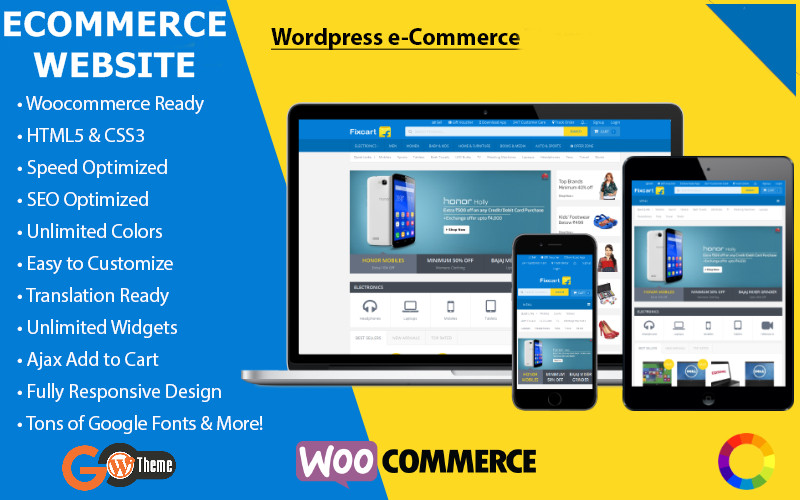
With the US on track to become a trillion-dollar eCommerce market by 2022, eCommerce activity is beating even bullish expectations.
At the same time, the surge in eCommerce activity that took off last year has created a crowded marketplace for both first-time and experienced online store owners, making it more difficult than ever to stand out.
While there’s little doubt that eCommerce is here to stay, there’s less of a consensus when it comes to the strategies and the types of websites best-suited for keeping up with the evolving trends and consumer demands businesses must address in order to stay relevant today.
As more people prefer to shop online, one thing is certain: reaching them with fast, personalized, and convenient digital experiences is crucial to capturing and retaining their business.
Online stores built with flexible solutions are simply better-positioned to meet these demands head-on. While the list of SaaS (and other) products aimed at eCommerce store owners seems to expand by the day, WordPress, which is open source, is also being used as a powerful, flexible, and cost-effective solution for quickly building new eCommerce stores and sites or refreshing old ones.
This article will take a closer look at why WordPress is being used for more eCommerce stores than ever and how WooCommerce is helping those stores grow.
Benefits of WordPress
WordPress now powers more than 40% of the Internet, and it’s become the world’s #1 content management system (CMS) for more than a few reasons.
For eCommerce stores, WordPress is an attractive option because it provides users with true ownership over their digital business. When you launch an eCommerce store using a closed, proprietary platform, you don’t own that store and critically not the data it produces, regardless of how much you’ve invested in it. Instead, you’re renting your storefront and your data from a vendor that can change its features, functionality, data sharing, and even its billing practices at the drop of a hat.
WordPress changes all of that because it’s an open-source framework that integrates with a huge ecosystem of plugins and other technologies from across the growing Martech stack. When you build on WordPress, not only do you own your site and everything that comes with it, you get to decide when it’s time to add new features and functionality, or when it’s time to change your web host.
Plus, because of WordPress’ inherent flexibility, it doesn’t cost an arm and a leg to add new integrations and it’s much easier and less time-consuming to find developers who have serious WordPress experience.
WordPress also frees eCommerce stores from the “success tax” that plagues many proprietary solutions. WooCommerce, which is the leading WordPress eCommerce plugin, does not charge users a percentage of sales, whereas platforms like Shopify do—up to an additional 2%!
From avoiding commissions and vendor lock-in to breaking out of the limitations that come with cookie-cutter website builders, and locked, proprietary eCommerce platforms, the overall benefit you get with WordPress is the freedom and flexibility to grow your eCommerce store alongside your business or brand.
In addition to the above, the following are some of the most commonly cited benefits of using WordPress:
Lower cost of entry: Because it’s open source and free from upfront licensing fees, WordPress is a powerful tool and a popular choice for online stores now more than ever. The costs associated with getting started are generally related to hosting and purchasing a domain, allowing for a low barrier to entry relative to closed or proprietary ecommerce (or other) software.
Community support: WordPress is built on well-understood and rigorously tested, open-source technology, maintained by an active community of thousands of professional developers and code testers. As a result, it has a highly reliable update cycle that provides new features, enhancements, and security improvements on a regular basis. The same is true for the leading eCommerce plugins.
Extensibility and customization: The flexibility you get with WordPress is hard to overstate, especially when compared to closed, proprietary platforms. You can make use of the thousands of WordPress themes and more than 55,000 free plugins available today, and not just for eCommerce. Whatever feature, functionality, or customization you want to add to your online shop, there’s probably an existing solution out there.



